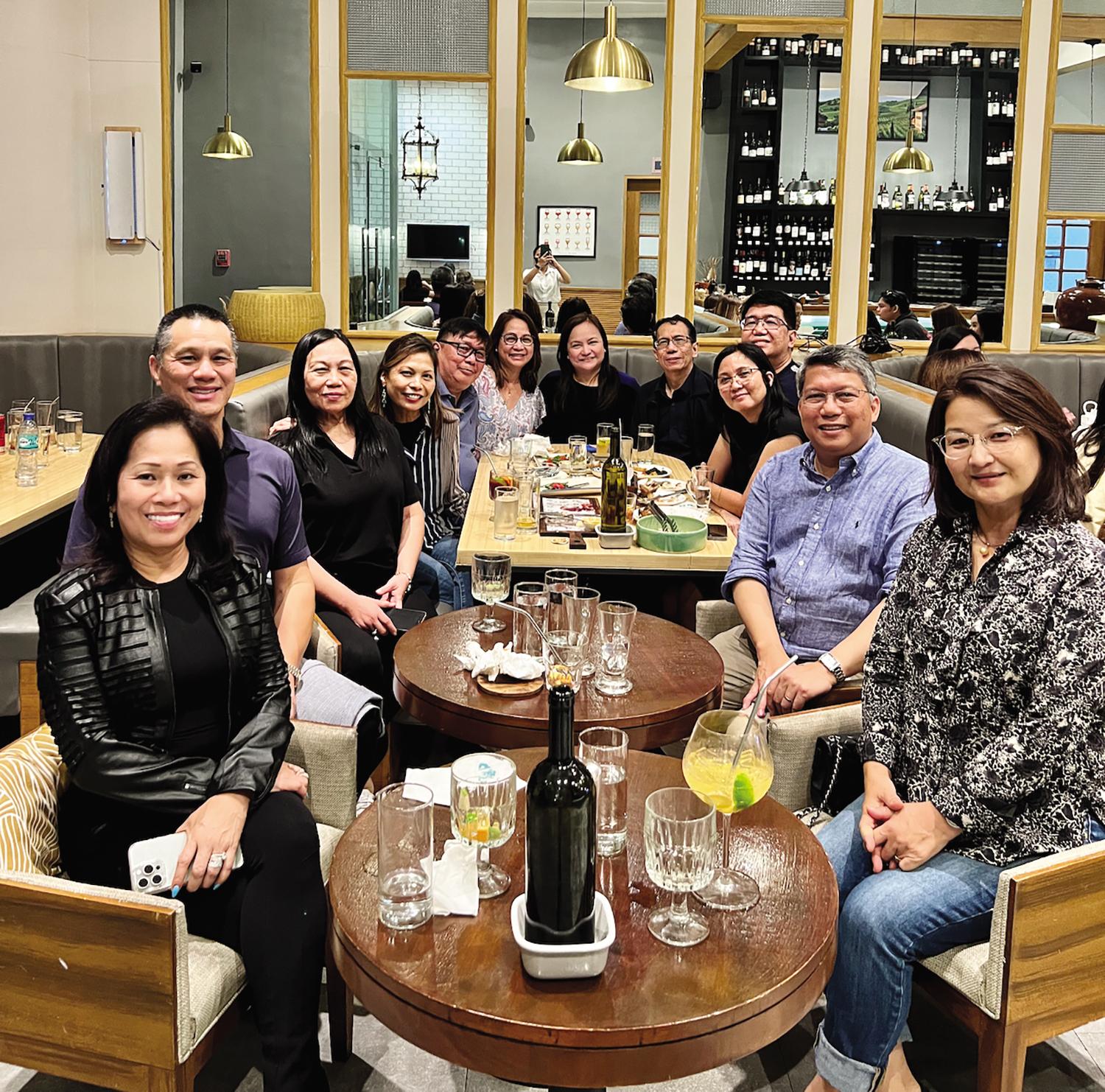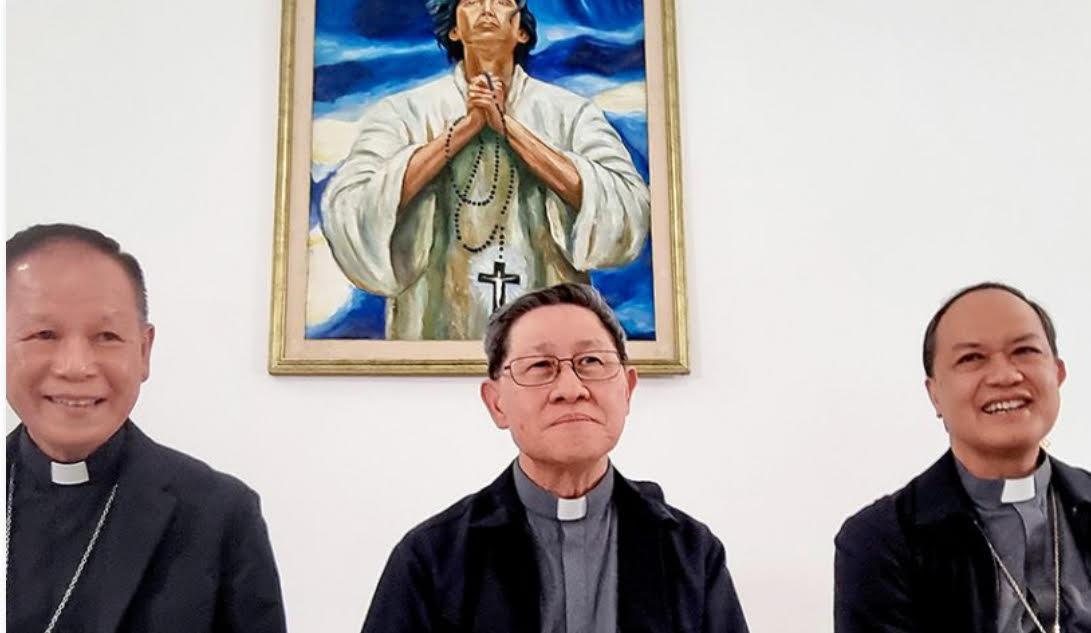
AS a pre-taste of a planned grand reunion in early 2025 of the Foliente clan from the island of Polillo in the province of Quezon, family members from the Los Angeles area, San Francisco Bay Area and Melbourne in Australia had a mini-reunion* in Mania Bay together with their relatives in the Philippines on 14 January 2024.

The progenitor of the Folientes of Polillo was Sabas Foliente, a businessman and trader originally from the Bicol region who married Felixverta Pinta Pumarada in the latter part of the 1800s. Felixberta was one of eight children from the Pumarada clan, a long-established family (and perhaps could be considered “local”) in Polillo with some also established across the Polillo Straight in Infanta, Quezon.
Sabas Foliente was a former “gobernadorcillo” of the Polillo municipality during the latter phase of the Spanish rule (the title and scope of responsibilities and authority of the gobernadorcillo have similarity to the role of mayor today**).
**Note 2: From Wikipedia https://en.wikipedia.org/wiki/Gobernadorcillo

The gobernadorcillo (literally “little governor”) was a municipal judge or governor in the Philippines during the Spanish colonial period, who carried out in a town the combined charges or responsibilities of leadership, economic, and judicial administration. The gobernadorcillo was the leader of a town or pueblo (people or population). In a coastal town, the gobernadorcillo functioned as a port captain. They were appointed through an exclusive nomination provided by the Spanish law. Their term of office lasted for two years.

The position of a gobernadorcillo was honorary and mandatory in order to afford him those valid exemptions signified in the Philippine law. At the end of his biennial term he would enter and form part of the principalía, and was entitled to enjoy the honors and preeminence inherent to this state. This “mayor”, who was at the same time “justice of the peace” and port captain, was directly responsible to the governor of the province in the exercise of his office.
In 1893, the Maura Law was passed with the aim of making the municipal governments in the Philippine Islands more effective and autonomous. One of the changes that this law brought about was the reorganization of certain structures of town governments, among which was the designation of town head’s title, that is, gobernadorcillo, also as capitan municipal, effective 1895.






